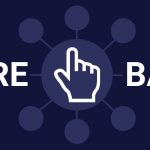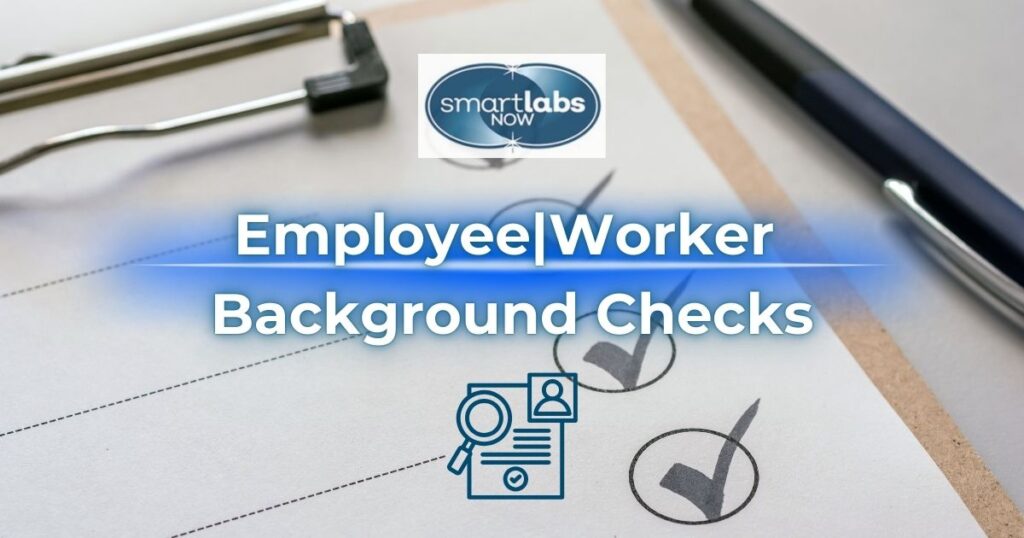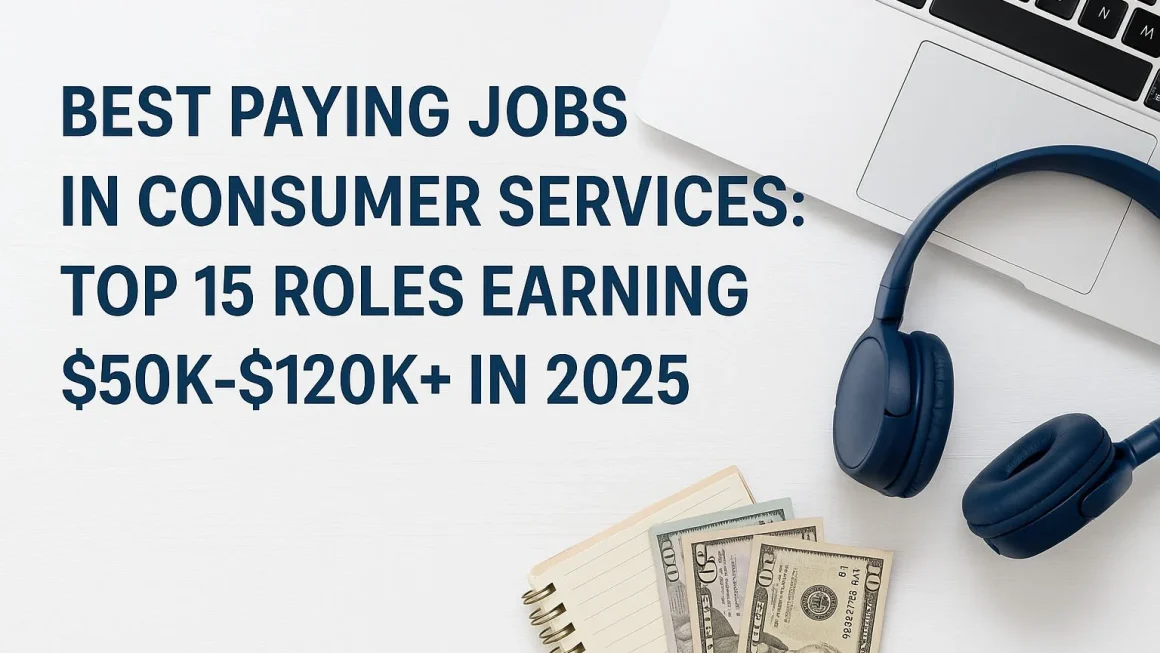It was a rainy Tuesday morning when Lisa received the email she had been dreaming about for months: a job offer at her dream tech company in San Francisco. Her excitement quickly turned to a mix of hope and anxiety when the HR representative mentioned that the next step was a background check.
Immediately, she asked herself, “How long do background checks take?” Days passed slowly, each one feeling longer than the last. Waiting for a background check can be stressful, and Lisa’s experience is something many job seekers face. In this article, we’ll explore everything you need to know about background checks, the factors affecting their timing, and tips to make the process smoother.
What Are Background Checks?
Before asking how long do background checks take, it’s important to know what they actually involve. A background check is a process employers use to verify your personal, professional, and financial history. Its goal is to ensure candidates are trustworthy and qualified.
Types of background checks include:
- Criminal history checks: Searching for past convictions or pending cases.
- Employment verification: Confirming your previous job titles and responsibilities.
- Education verification: Ensuring degrees and certifications are valid.
- Credit history checks: Often required for financial or managerial positions.
- Professional license verification: Confirming specialized licenses or certifications are valid.
Each type of check can take a different amount of time, which is why timelines vary so widely.
How Long Do Background Checks Take: The First Factor
The question “how long do background checks take” has no single answer. The first factor influencing timing is the scope of the check. A simple background check, like confirming your identity and employment within one state, may take just a few days. A more extensive check that includes multiple states or international verification can take several weeks.
Typical timelines include:
- Criminal record checks: 1–5 business days
- Employment verification: 3–10 business days
- Education verification: 2–7 business days
- Credit checks: 3–5 business days
Remember, the more comprehensive the check, the longer it can take.
Employer Requirements and Their Role
Employers also affect how long do background checks take. Some companies have dedicated HR teams that quickly process checks. Others rely on third-party providers, which may extend the timeline.
Urgency matters, too. If a company urgently needs a new hire, they may fast-track the check. If the position is lower priority, your check may take longer simply because it isn’t at the top of the list.
The Technology Behind Background Checks
Modern technology has sped up background checks significantly. Automated software can quickly search databases, verify records, and flag issues. However, technology cannot replace human verification entirely.
Human verification is necessary for:
- Criminal records spanning multiple states or countries
- Education verification from foreign institutions
- Professional licenses or certifications requiring manual confirmation
Understanding these technological limitations helps you set realistic expectations for how long do background checks take.
Common Delays and Challenges
Even with advanced technology, delays are common. The most frequent challenges include:
- Inaccurate or incomplete information
- Slow responses from previous employers or educational institutions
- Errors or discrepancies in public records
- Legal restrictions that limit access to certain records
Being aware of these potential delays can help reduce stress and manage expectations.
How Long Do Background Checks Take for Different Industries
Industry type heavily influences the timeline. Here’s a general breakdown:
- Healthcare: 1–3 weeks due to criminal history and licensing checks
- Finance: 2–4 weeks for credit and regulatory checks
- Education: 1–2 weeks for degree and certification verification
- Technology: 3–7 business days for standard criminal and employment checks
Knowing your industry’s standards can make waiting less stressful.
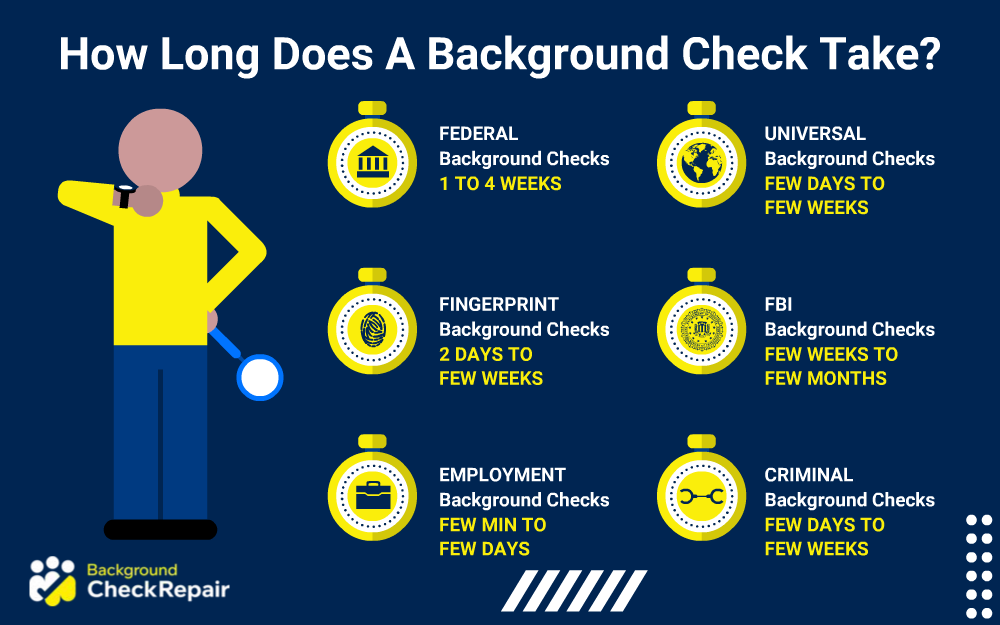
Tips to Speed Up the Process
While you can’t control every factor, you can take steps to accelerate the process:
- Provide accurate and complete information on your application.
- Notify previous employers and schools that a verification request may come.
- Respond quickly to any follow-up requests from HR or the background check company.
- Keep your records and certifications organized for faster submission.
These proactive steps can shave days off the timeline.
Stories From Real People Waiting for Background Checks
Lisa’s story is common, but each person’s experience is unique.
- Mark, a finance applicant, waited over three weeks. Each day felt longer than the last, and constant calls to HR only added to his stress.
- Sarah, applying for a teaching position, completed her background check in just five days. The difference? Her documents were accurate, and her previous employers responded quickly.
These stories show that preparation and accuracy directly impact how long do background checks take.
The Emotional Toll of Waiting
Waiting for a background check can be emotionally exhausting. Job seekers may experience:
- Anxiety and stress
- Difficulty planning life events
- Doubts about career choices
Patience is key. Communicating with your prospective employer, staying organized, and understanding that delays are normal can help manage these emotions.
Background Checks and Your Career Prospects
While waiting can feel frustrating, background checks protect your career and reputation. Completing one successfully can:
- Secure job offers or promotions
- Enable professional certifications
- Allow security clearances
Conversely, delays or failed checks emphasize the importance of accurate information and timely communication.
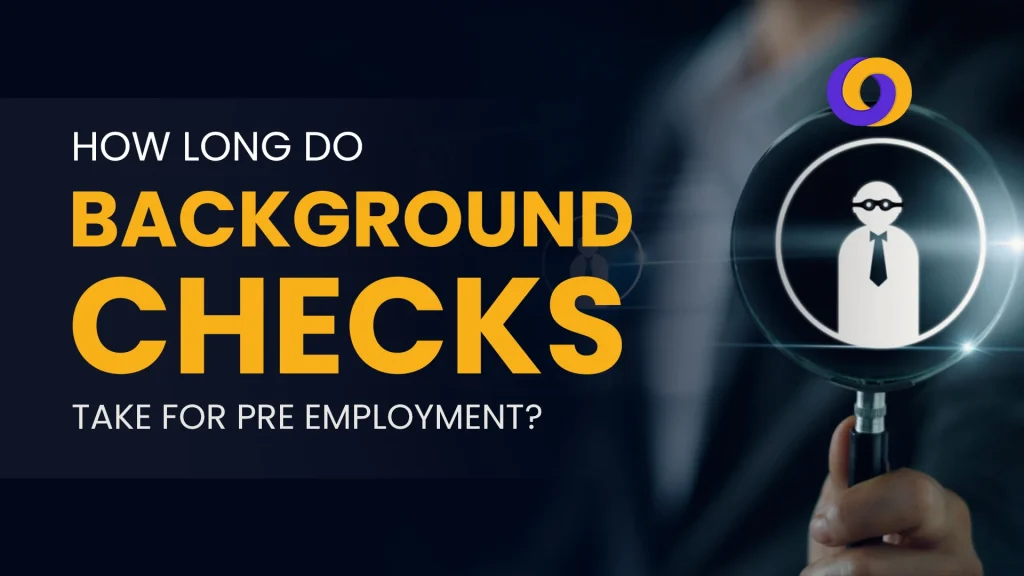
Visit our website for more updates and stories
How Long Do Background Checks Take: Final Thoughts
So, how long do background checks take? The answer varies from a few days to several weeks. The timeline depends on check complexity, employer practices, industry standards, and your responsiveness.
Lisa eventually received her offer after 10 days. The wait was stressful, but it ensured that her new position was secure and verified. Understanding the process and managing expectations can make the waiting period more tolerable.
Whether your check takes a few days or a few weeks, preparation, accuracy, and patience are your best allies.







